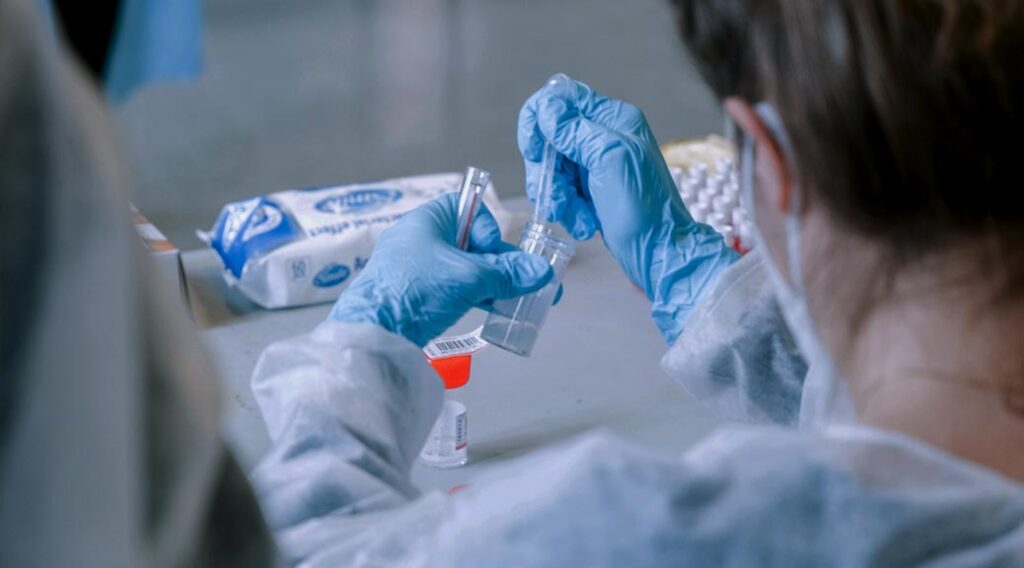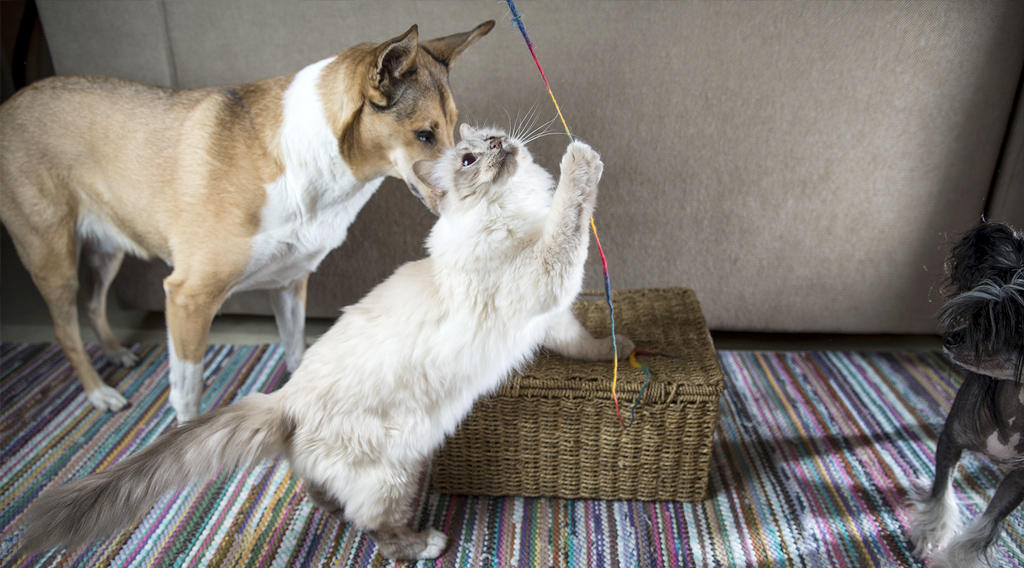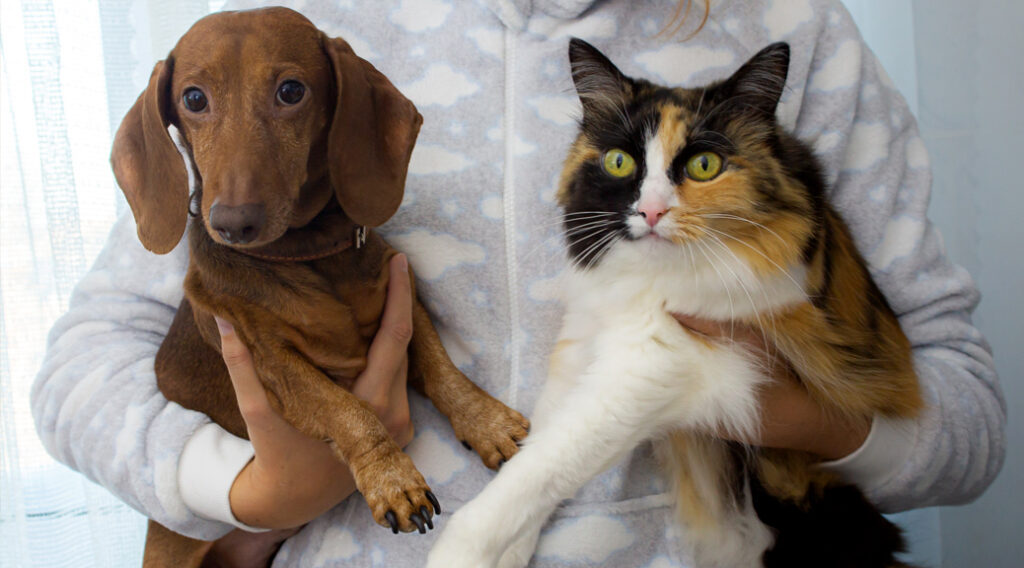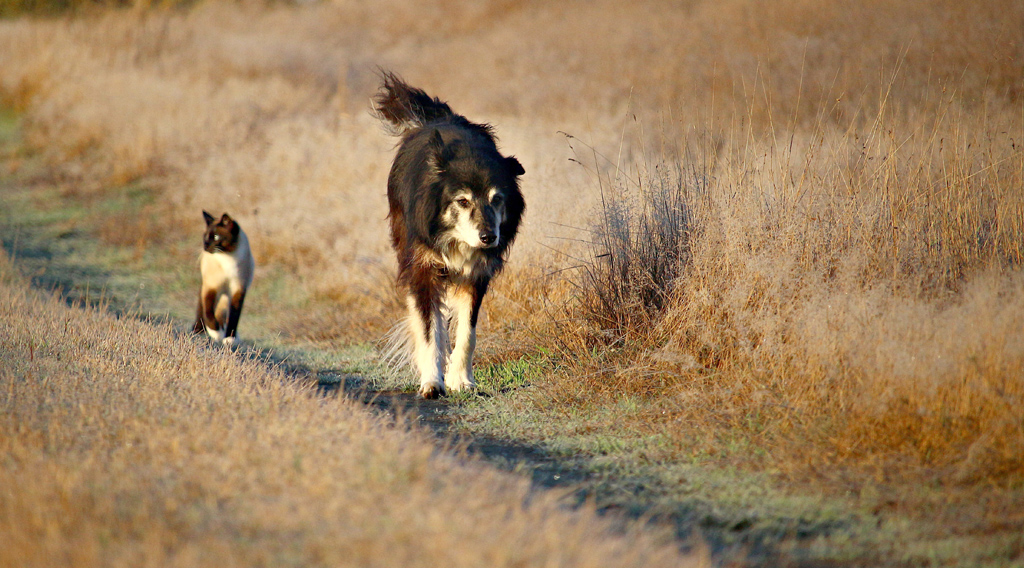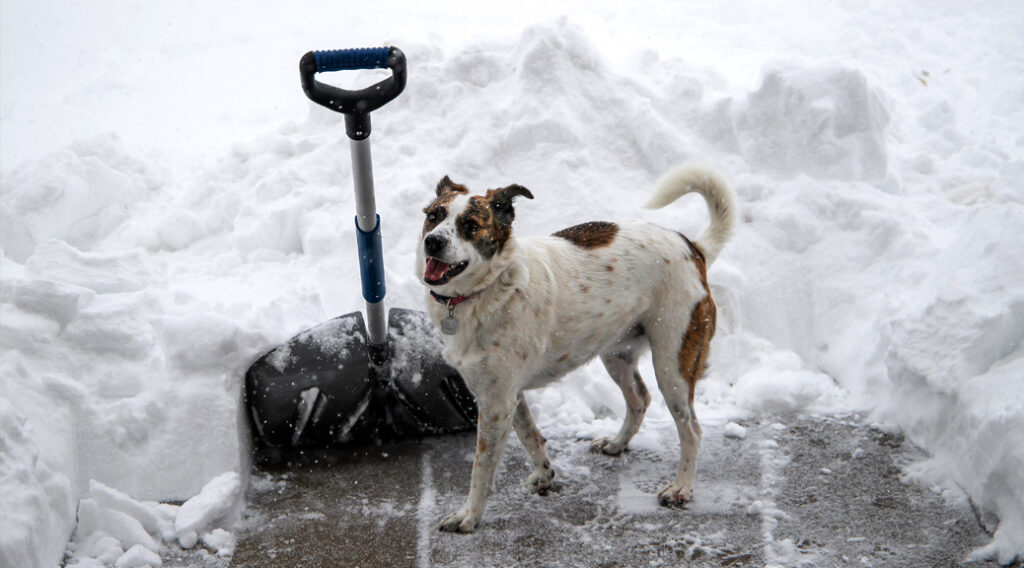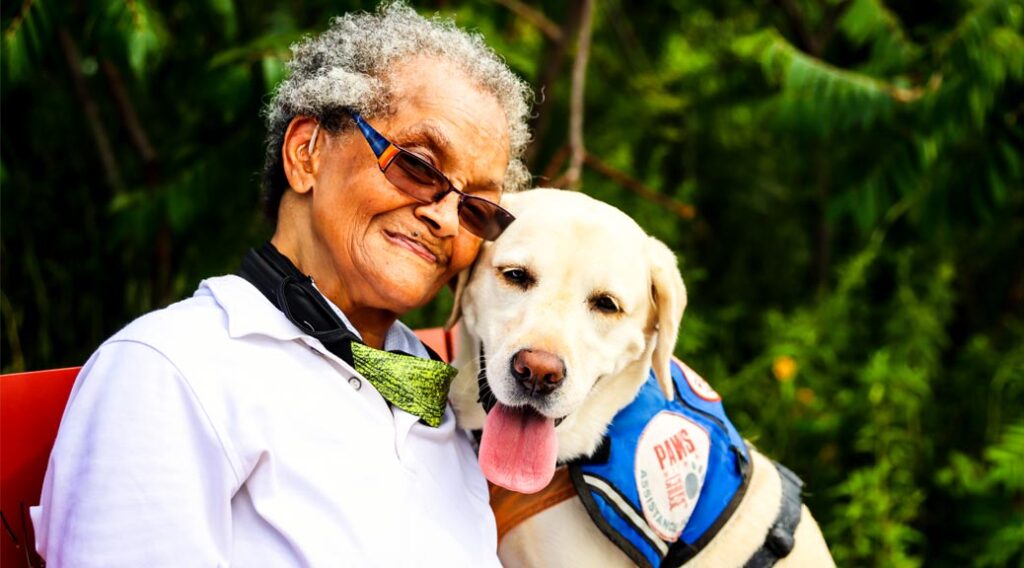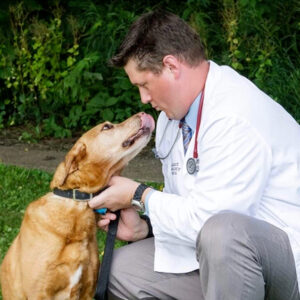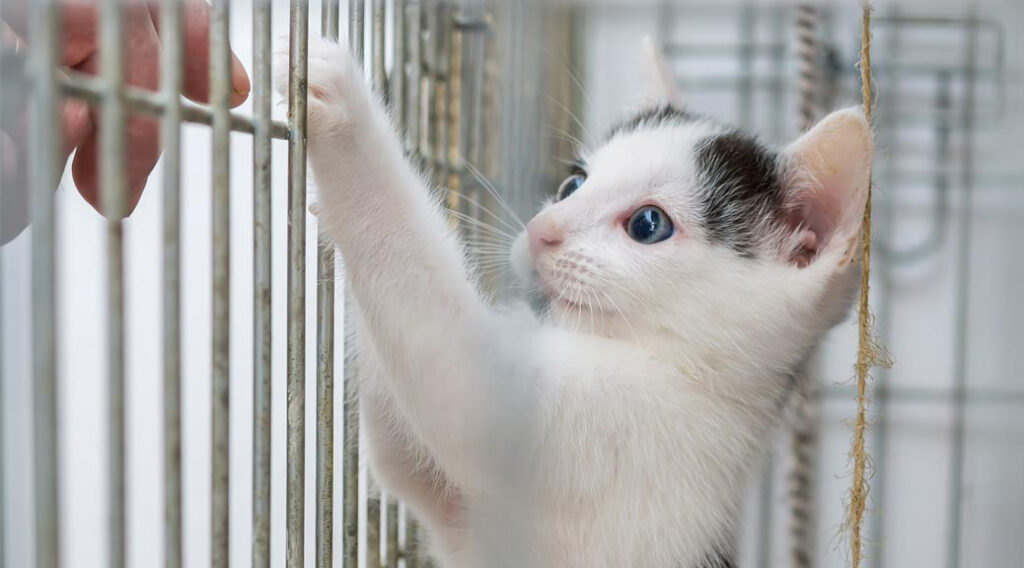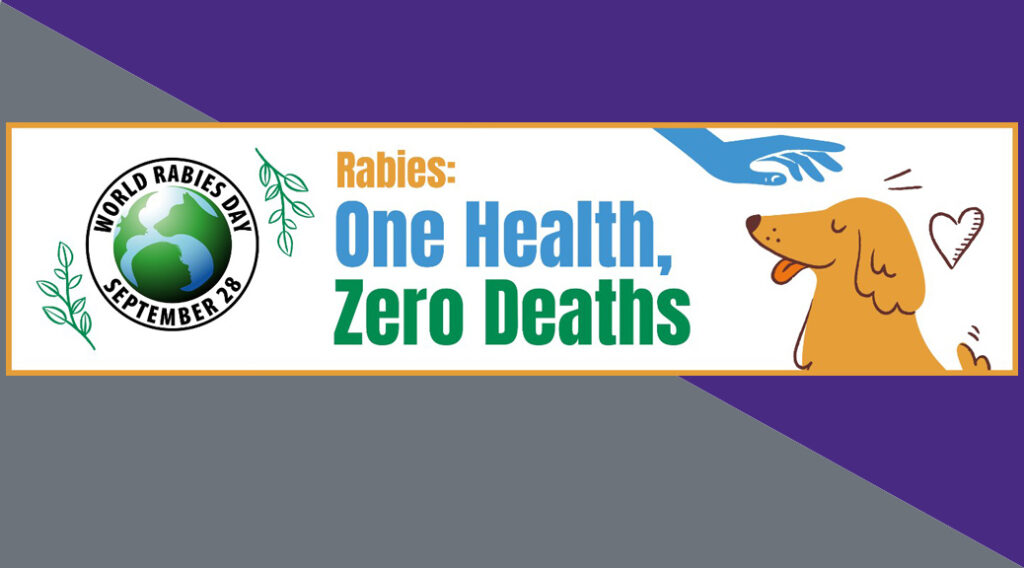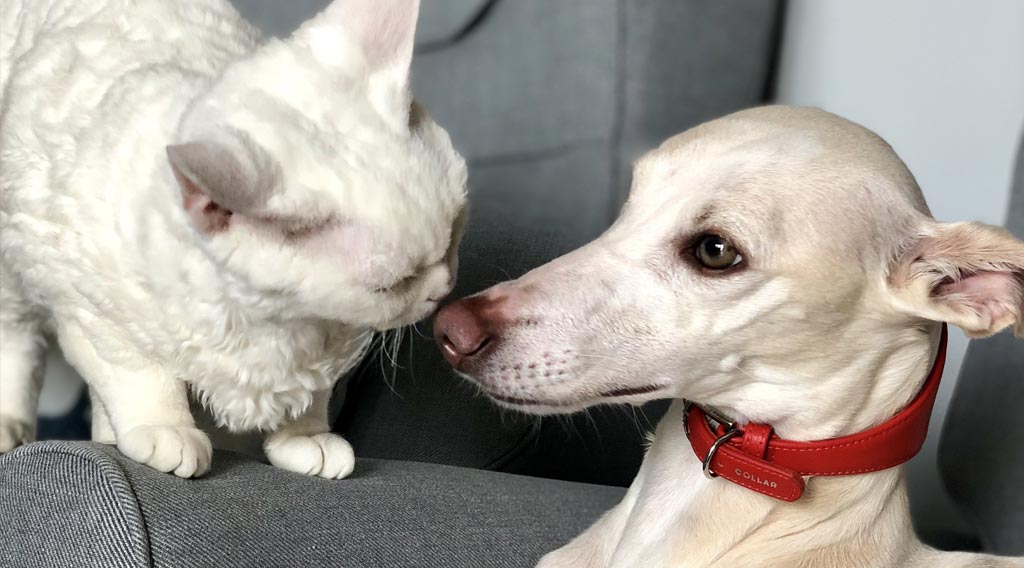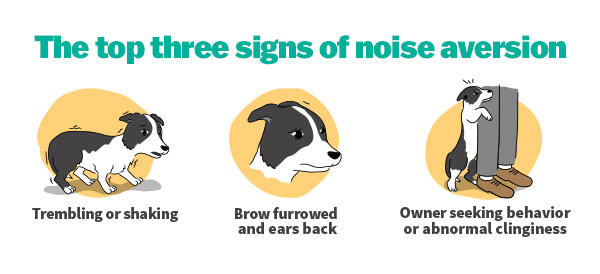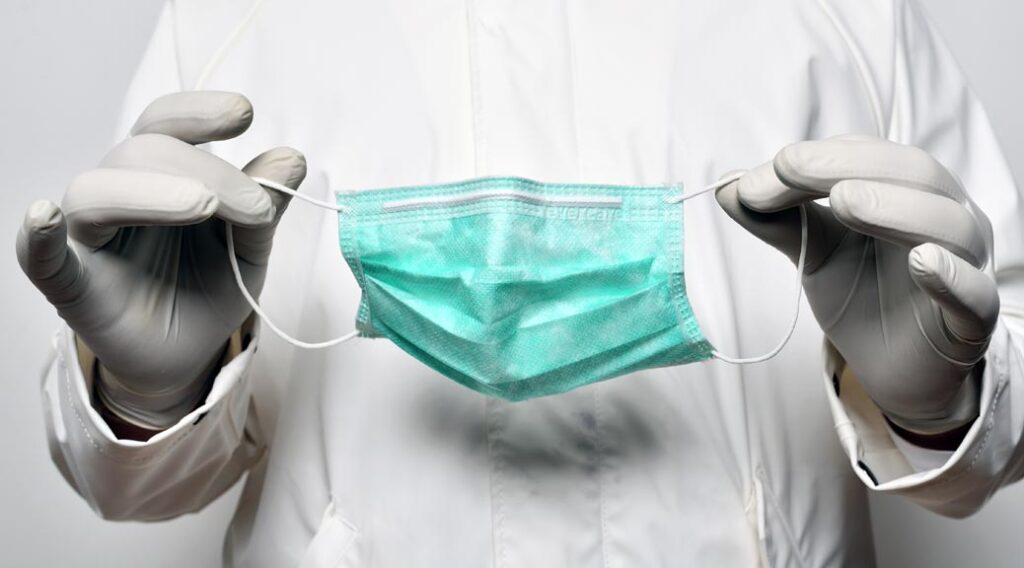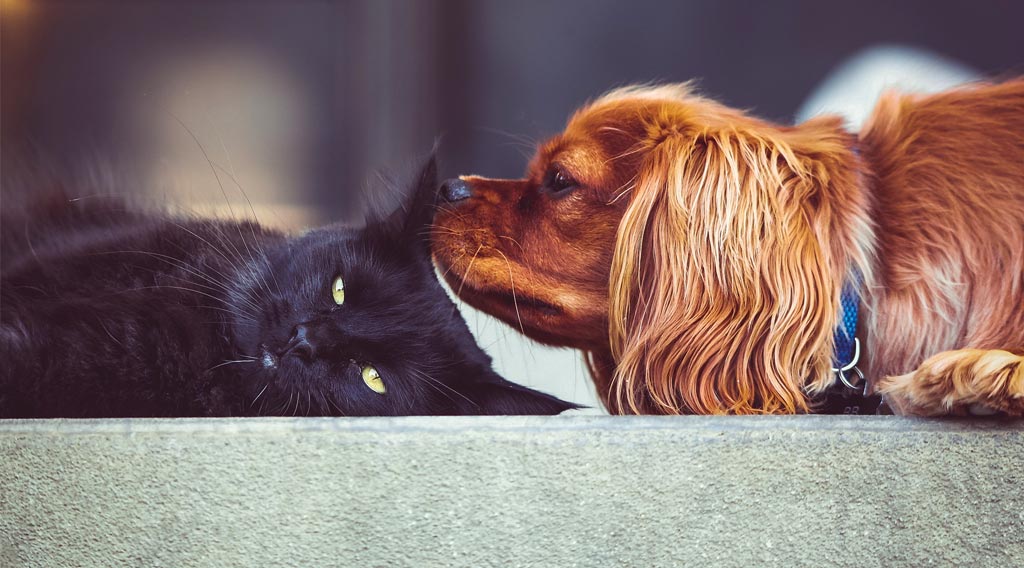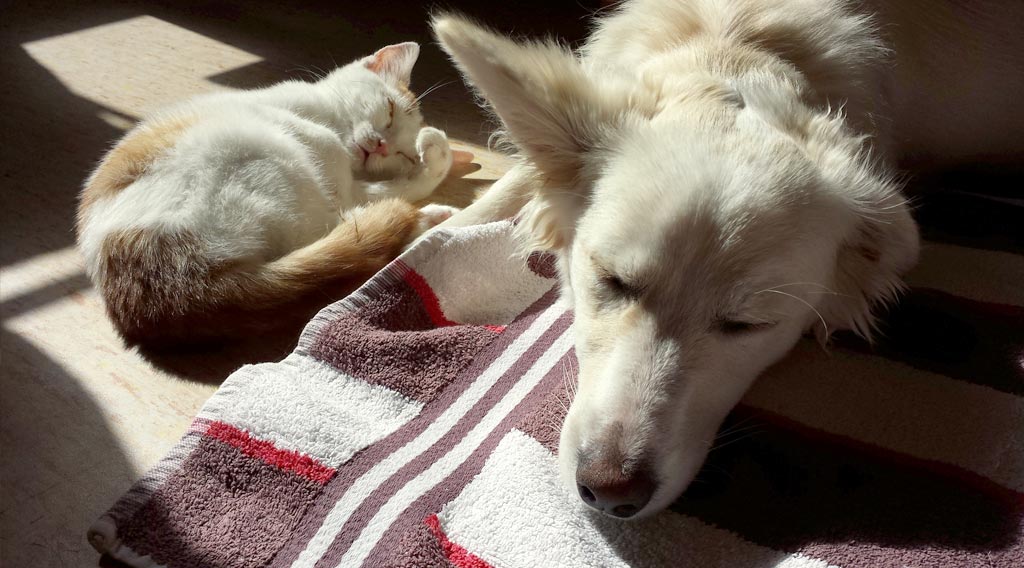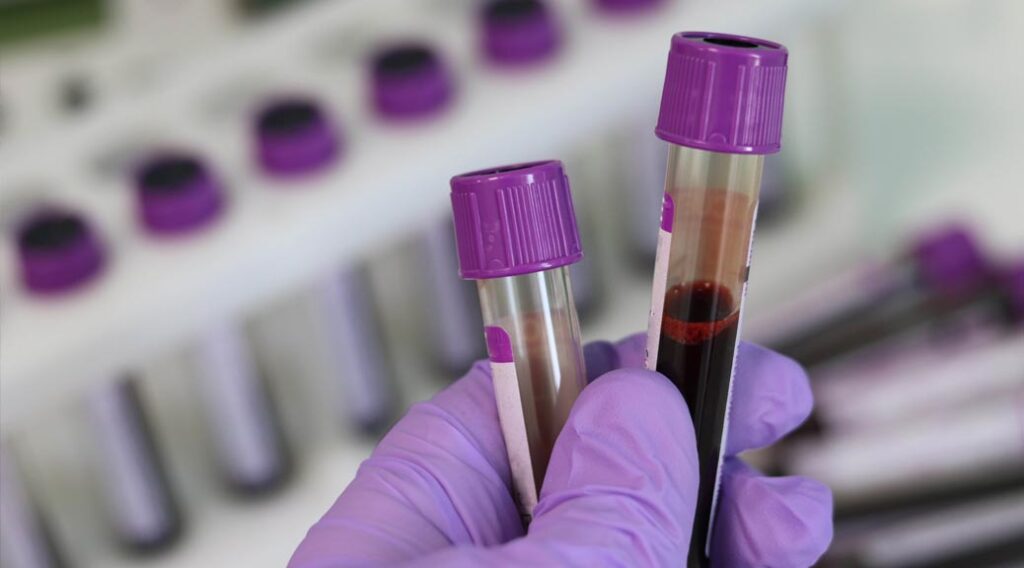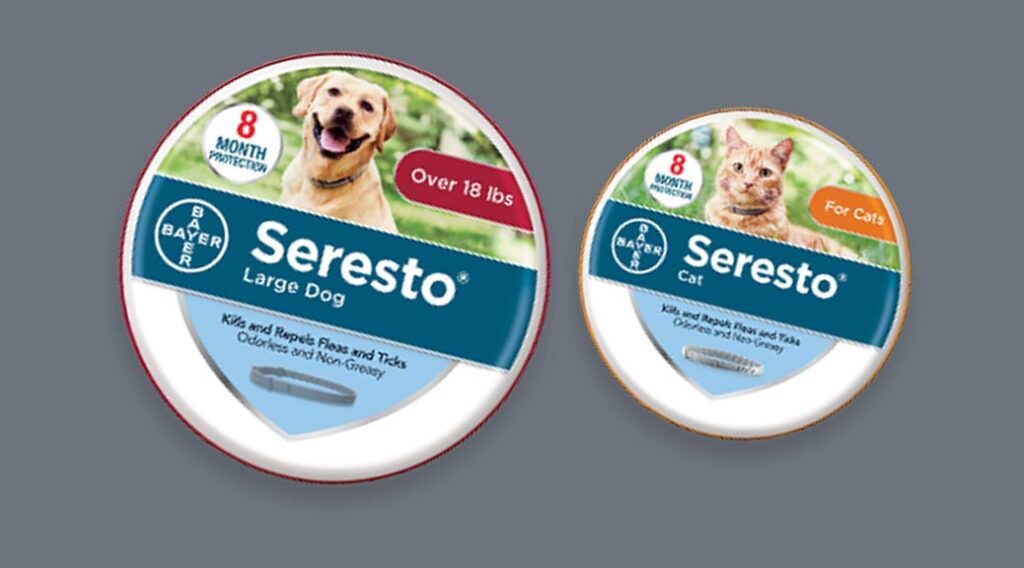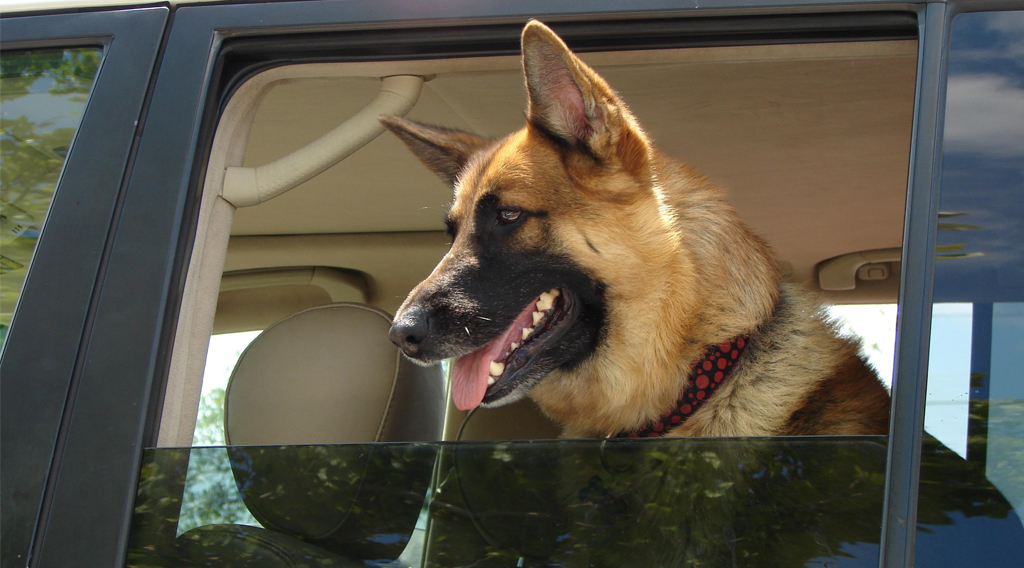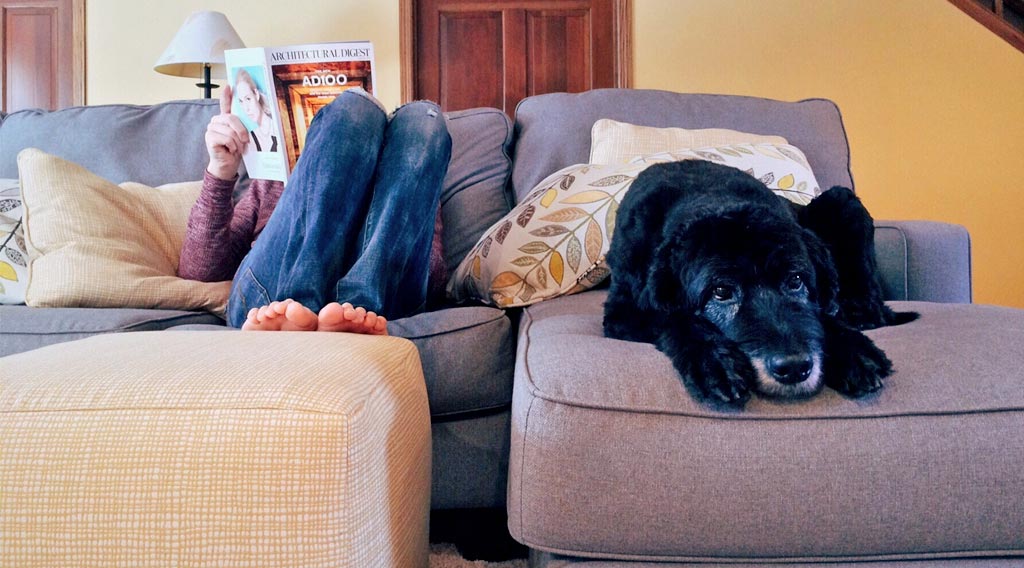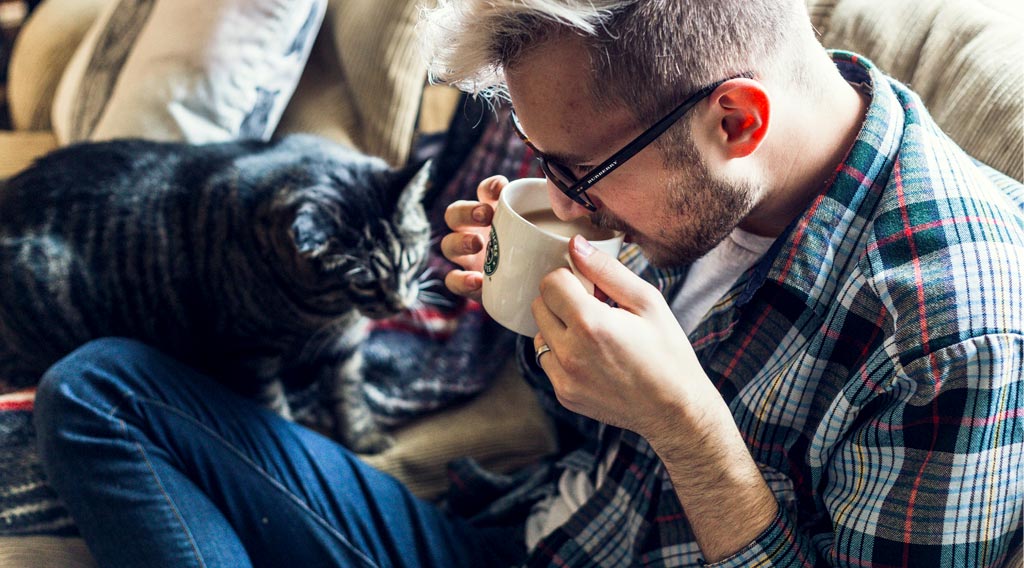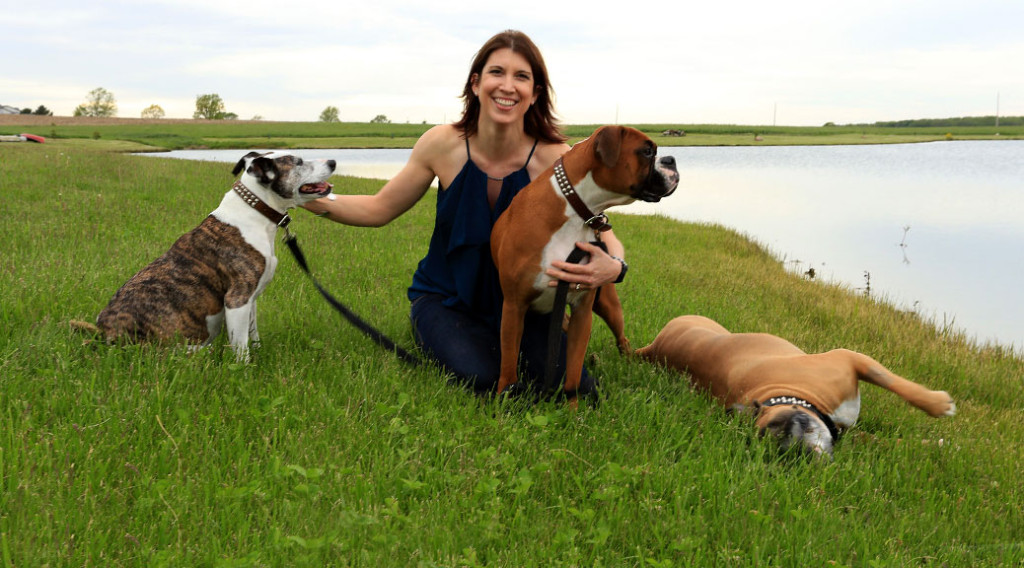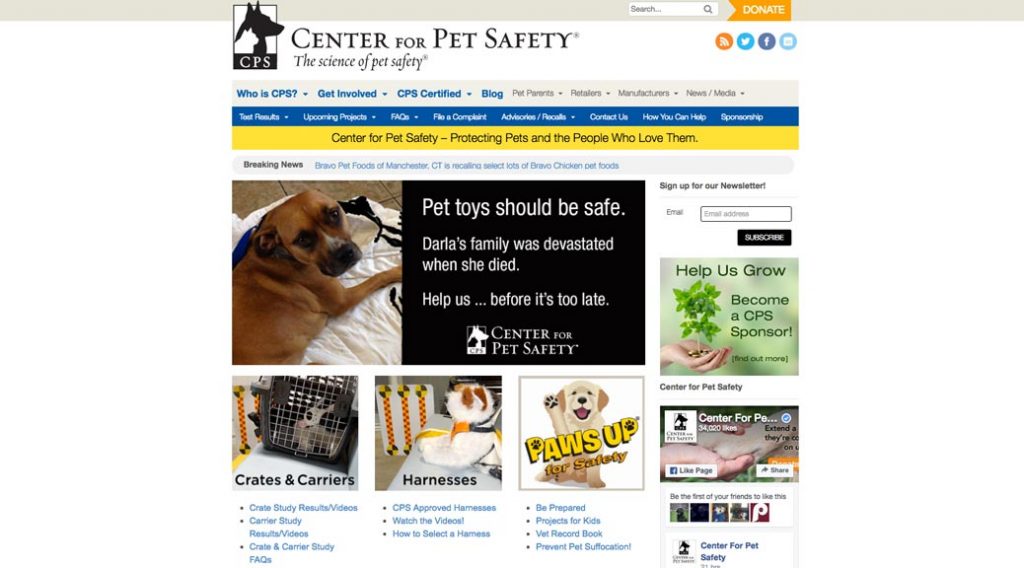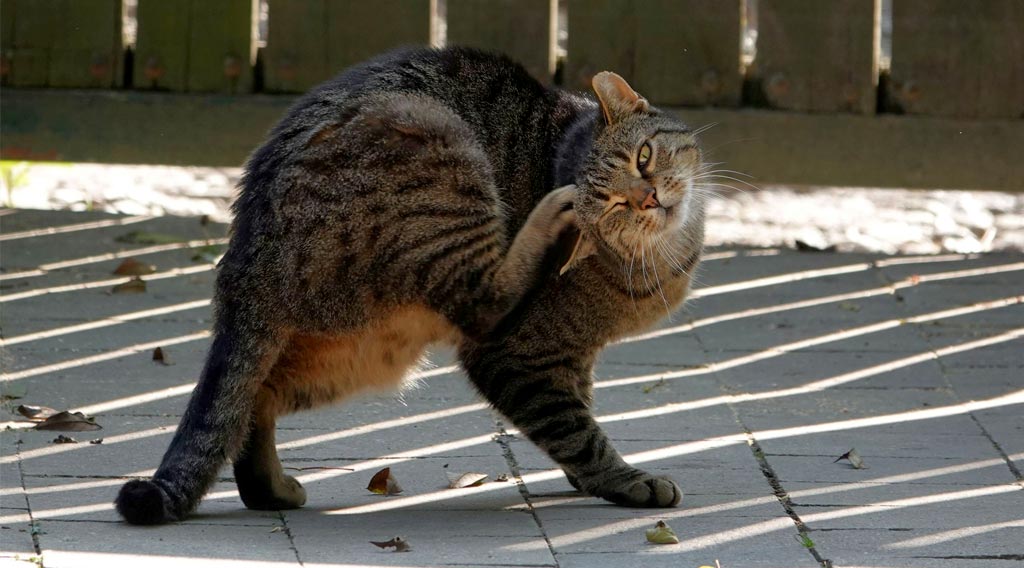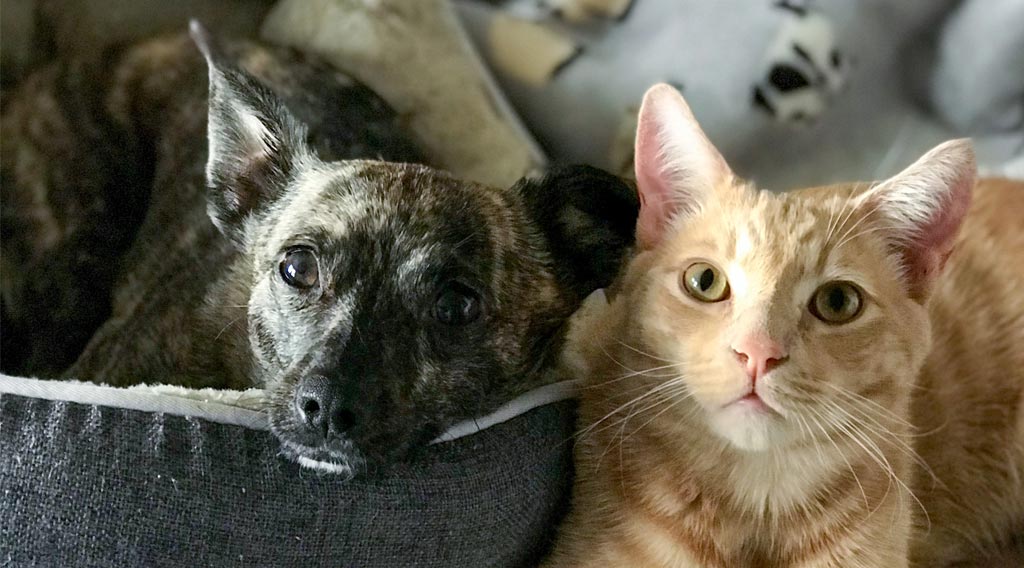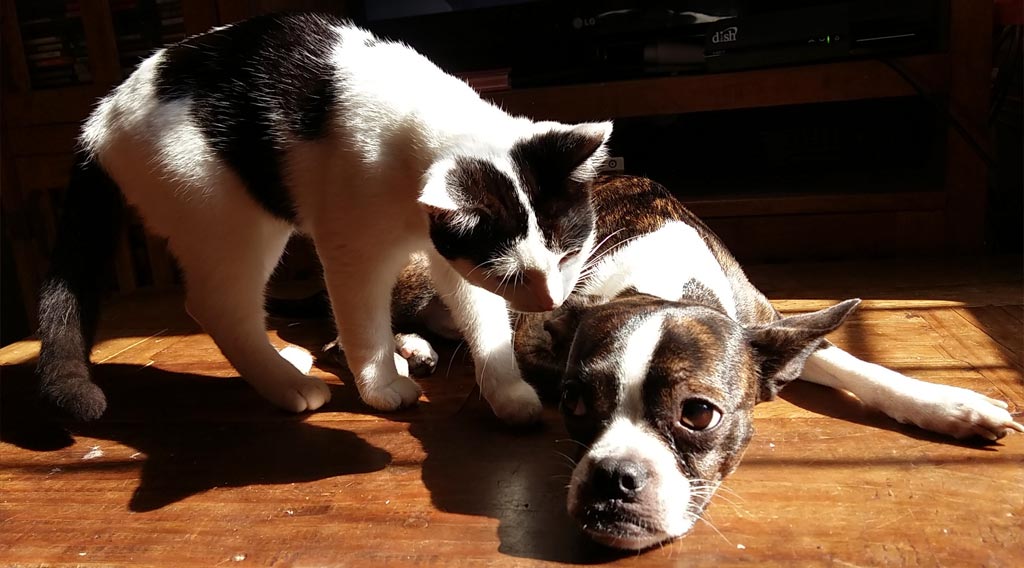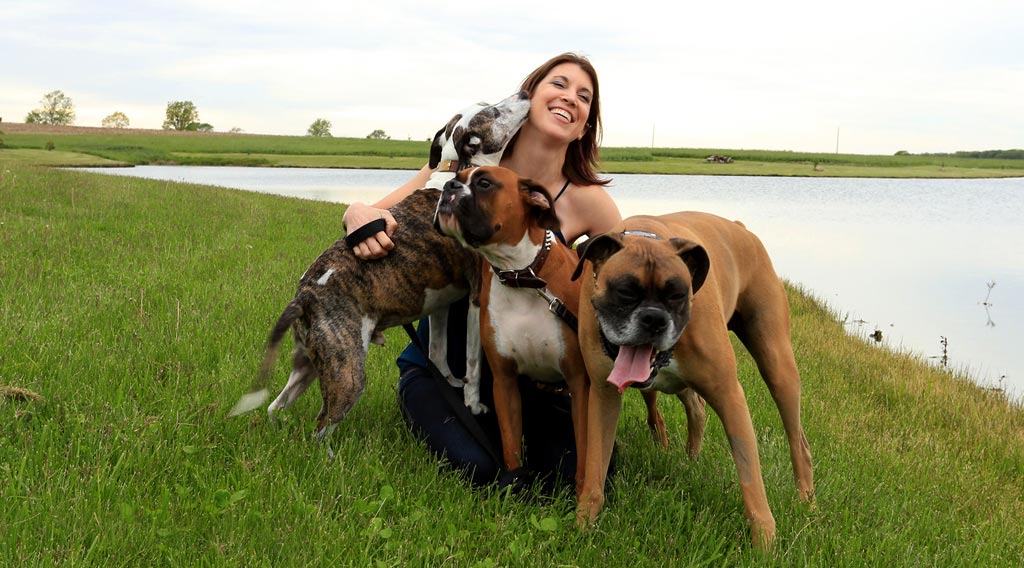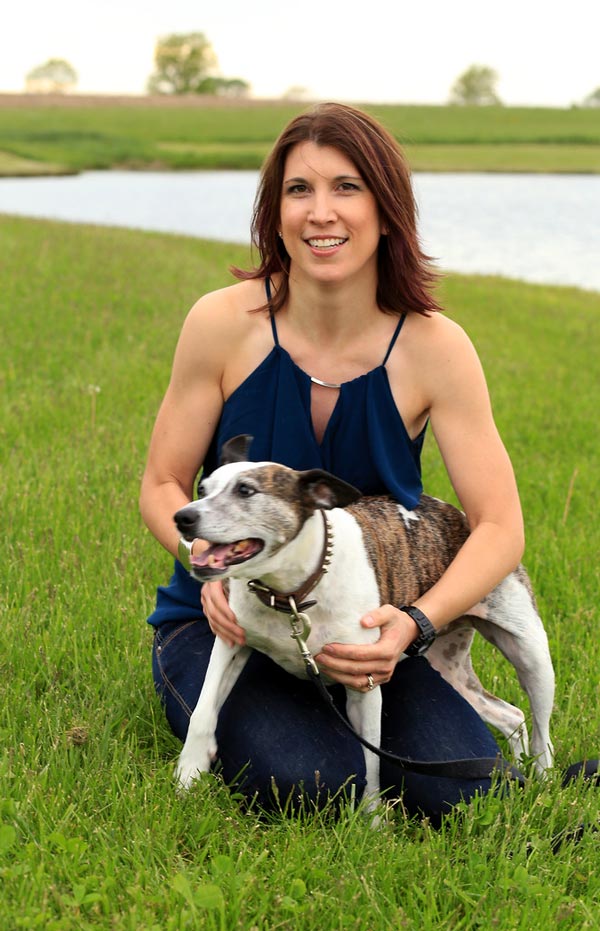Brownsburg Animal Clinic joins the Humane Society of the United States in celebrating National Animal Shelter Appreciation Week November 6 through 12.
In particular, we honor our own Hendricks County Animal Shelter for its many years of dedicated service to our county.
“I’m really proud of our shelter,” said Cherie Fox, co-founder, board president and director of animal operations for Misty Eyes Animal Center, an all-volunteer rescue organization based in Avon that collaborates with shelters to save lives and place pets in loving homes.
“The Hendricks County Animal Shelter is a government-run shelter,” said Fox, “but it’s not a 1950s dog pound any more. They are doing a remarkable job. It’s a county shelter we can be proud of.”
LaDonna Hughes is chief animal control officer and Hendricks County Animal Shelter manager. She’s been in charge of running the shelter since mid-2013.
“We’ve come a long way,” said Hughes, “but I still hear the word ‘pound’ a lot. We get called the dogcatcher. There’s so much more to what we do than catching dogs.”
Besides capturing and providing a safe haven for stray animals county-wide, our county shelter takes in pets from owners who can no longer care for them and makes homeless pets available for adoption. The Hendricks County Animal Shelter is also charged with investigating abuse and neglect cases and following up on reports of injured animals. They are responsible not only for domestic pets but livestock and wildlife, too.
Shelter Facts and Figures
There is currently no organization officially charged with tabulating statistics for animal shelter operations in the United States. The following nationwide figures are estimates from several sources.
- As of 2021, there were more than 3,500 animal shelters.
- About 6.3 million companion animals are taken into shelters each year, including about 3.1 million dogs and 3.2 million cats. Of those, about a quarter are pets surrendered to the shelter by their owners. About half are captured as strays.
- The average shelter admits more than 1,100 animals a year.
- About 10% of shelter animals have been spayed or neutered.
- About 25% of dogs in shelters are purebreds.
- About 810,000 stray animals taken into shelters, including 710,000 dogs and 100,000 cats, are reunited with their owners.
- About 4.1 million shelter animals, including 2 million dogs and 2.1 million cats, are placed in new homes each year.
- Indiana shelters house 2.11% of the nation’s shelter animals and account for 2.07% of shelter adoptions.
- About 920,000 animals are euthanized each year, including 390,000 dogs and 530,000 cats.
- About 65% of dogs entering shelters are adopted and 13% are euthanized.
- About 66% of shelter cats are adopted and 17% are euthanized.
The Hendricks County Animal Shelter
Our county’s animal shelter is in Danville at 250 East Campus Boulevard. The phone number is (317) 745-9250. The shelter is open to the public six days a week.
- Mondays, Wednesdays and Fridays 10 a.m. to 4 p.m.
- Tuesdays 10 a.m. to 6 p.m.
- Thursdays 12 noon to 6 p.m.
- Saturdays 9 a.m. to 1 p.m.
The shelter is closed on Sundays and holidays and in inclement weather.
Local Statistics
During 2021, the Hendricks County Animal Shelter took in 1,490 animals. Of those, 455 were placed in adoptive homes.
Rescue organizations pulled 338 animals from the shelter in 2021, including about 300 rats and small animals confiscated in two hoarding and neglect cases handled by the county last year.
The euthanasia rate in 2021 was 6%. Only severely ill and dangerously aggressive animals were euthanized.
“I am pretty proud of that 6% euthanasia rate,” said Hughes. “There was a time about 10 years ago, when our rate of euthanasias was 77% of our total admissions.”
Admissions to the Shelter
The shelter has 34 dog kennels and 60 cat cages to accommodate animals admitted to the shelter.
Animals come to the shelter as strays or from owners who can no longer care for them. Owners who want to surrender their pets to the shelter may be referred to a rescue organization or put on a waiting list until space is available.
The intake process involves a basic medical examination and essential health care.
“We check them over the best we can,” said Hughes. “We give them core vaccines and start them on flea and tick preventives. We test for heartworms and start them on preventives or treat them if they test positive.”
The shelter has to hold animals taken in as strays for three business days before making them available for adoption so that owners have a chance to claim them. “We take their picture and put up a shelter alert on our Facebook page in hopes of finding the owner,” said Hughes.
Animals surrendered by their owners may be placed for adoption 24 hours after being admitted to the shelter.
“People still ask, ‘Are you going to kill it after three days?’” said Hughes. “We get that a lot.
“If they’re adoptable, they will be cared for and kept safe either here or with a rescue organization until they’re adopted. We don’t set deadlines on these animals, and we don’t euthanize for space. Only if an animal is dangerously aggressive or too ill for treatment, will we euthanize.”
To Adopt a Shelter Pet
Some pets available for adoption from the Hendricks County Animal Shelter are listed on Petfinder.com.
You can also see available pets as well as recently-adopted pets and their new families on the shelter’s Facebook page.
For your convenience, the shelter makes the adoption application available online for you to complete and bring with you when you visit the shelter.
“We’re open to the public six days a week, and we invite anyone looking to adopt a dog or cat to stop by for a visit to see all the pets available now for adoption,” said Hughes.
“Sometimes we have multiple applications for the same animal. We go through those and try to get the best fit, based on the applicant’s situation and their interactions with the animal. For some, we might suggest a better fit—maybe encourage them to go home and do some research to find a breed that might be better-suited to their activity level and lifestyle.
“We always do our best to place each animal into the best possible adoptive home.”
Current adoption fees, set to help defray the costs of vaccines, spaying or neutering and any needed medical treatment, are $70 for adult dogs, $150 for puppies, $20 for adult cats and $70 for kittens.
To Donate to the Shelter
The shelter welcomes donated supplies. While needs change over time, some supplies are always welcome. “Right now, the most helpful donation would be regular chlorine bleach,” said Hughes. “We can always use any kind of dog food as long as it doesn’t contain red food dye, and any kind of cat and kitten food. We also need clay litter.”
Tax-deductible cash donations to the Hendricks County Animal Shelter can be made to the Hendricks County Friends of the Shelter, a 501(c)(3) organization.
“All the money given to Friends of the Shelter goes directly into a medical fund for the animals,” noted Hughes.
To Volunteer
The shelter welcomes volunteers to help care for and play with the animals, clean cages, launder blankets and towels, do clerical work and staff special events.
To volunteer at the shelter, you must be 18 years old or older or at least 16 years old and accompanied by a parent. You must complete a Volunteer Application Form and attend a volunteer orientation session before starting to work.
“Right now, I would most love to have more volunteers in here walking the dogs,” said Hughes. “We walk them all in the morning, but sometimes we can’t get to all of them in the evenings.”
If you are interested in providing a temporary foster home for a pet, the shelter will connect you with a partner rescue group in our area, such as Misty Eyes.
Other Ways You Can Help
“We have a huge pet overpopulation problem and the pandemic has intensified it,” said Fox.
“In central Indiana we have five low-cost spay and neuter clinics that had to shut down for months at the outset of the pandemic. That left us with thousands of animals that haven’t been fixed and thousands of unwanted litters. Despite everything we’d done to get ourselves ahead with spays and neuters, the pandemic set us back about 10 or 15 years.”
“I agree 100 percent,” said Hughes. “We’ve been over capacity for a good year now.”
You can do your part to help reduce the pet overpopulation problem by spaying or neutering your own pet.
You can also minimize the chances your pet will be taken in as a stray at the shelter by taking these simple steps:
- Do not allow your pet to run loose.
- Keep a collar with identification tags on your pet at all times.
- Have an identification chip implanted in your pet.
In Appreciation
We at Brownsburg Animal Clinic appreciate the vital role the Hendricks County Animal Shelter plays in looking out for the welfare of all the animals in our county.
We applaud the progress the shelter has made in recent years to reduce the euthanasia rate to 6%—a direct result of their commitment to find homes for every adoptable pet, whether through direct placement from the shelter or through a rescue organization such as Misty Eyes.
We hope you will consider supporting the shelter and the dogs and cats waiting there to be adopted into their new homes.

